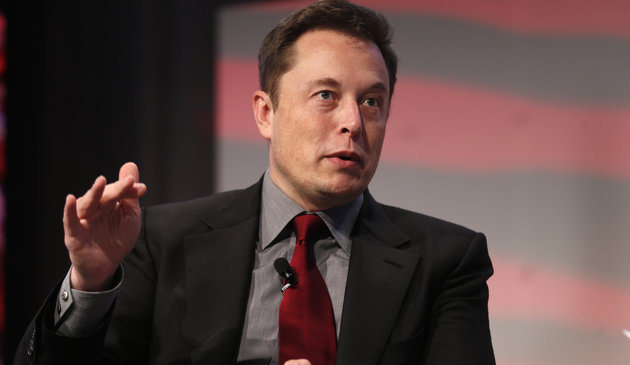Elon Musk doesn’t see a
place for a wind power division in his expanding clean-energy empire. The Tesla chief announced plans on Tuesday to
transform his electric automaker into the world’s first sustainable energy
behemoth by merging the Model S maker with one of his other companies,
SolarCity.
“I don’t think we’re going
to get into [wind],” Musk told The Huffington Post on a conference call after
announcing the bid, worth up to $3 billion. “I think we can solve the problem
[of renewable energy] with the giant fusion reactor in the sky called the sun.”
That isn’t to say wind power
won’t play some part in Tesla’s effort to refashion itself as an energy
company.
The plan involves ramping up
production of the lithium-ion batteries Tesla uses to power its vehicles. Last
year, the company released the Powerwall, a standalone battery system based on
that same technology.
The Powerwall enables
everyone from individual homeowners to utility companies to store excess energy
produced when the sun is out or wind is blowing. Tesla, which partnered with
SolarCity for to launch the Powerwall, has marketed the product as an ideal
add-on to a home solar system, but the devices work just as well with any other
electricity source, including wind turbines.
Wind and solar power have
both gotten cheaper in recent years, and the trend will continue over the next
several decades, according to a recent report from Bloomberg New Energy Finance
(BNEF). Solar and wind will be the “cheapest ways to produce electricity“ for
most of the world by the time we reach the 2030s, the report says.
Meanwhile, BNEF says new
investment in clean energy has climbed in America over the last decade, with
solar energy edging out wind in the past couple of years.
Credit: Huffington Post

No comments:
Post a Comment